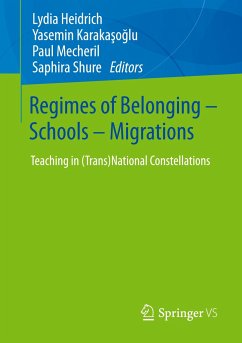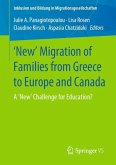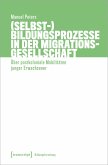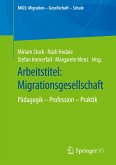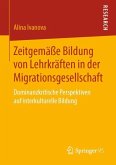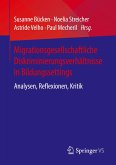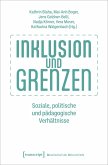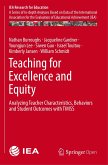This edited volume aims to critically discuss in how far the national orientation of schools and teacher education is appropriate in light of increasing migration and transnationality. The contributions offer ideas from teacher education research and school pedagogical practice in different nation-state contexts such as Austria, Canada, Chile, Greece, Israel, Japan, Switzerland, Turkey, the UK, and the USA. They ask which empirical and theoretical approaches are suitable for describing the phenomena of pedagogical-professional dealings with migration-related and transnational demands on schools. In raising this question, they do not reduce the analytical focus on migrants, their migration paths, actions or attitudes. Instead, the authors analyse the global interconnectedness and entanglements - each embedded in their specific national and global societal power structures and hierarchical relationships - and the country-specific and transnational structures and contextual conditionsof schools and teacher education.

